Qatar’s white elephant World Cup
Tournament host facing ‘buyer’s remorse’ over ‘giant waste of money’
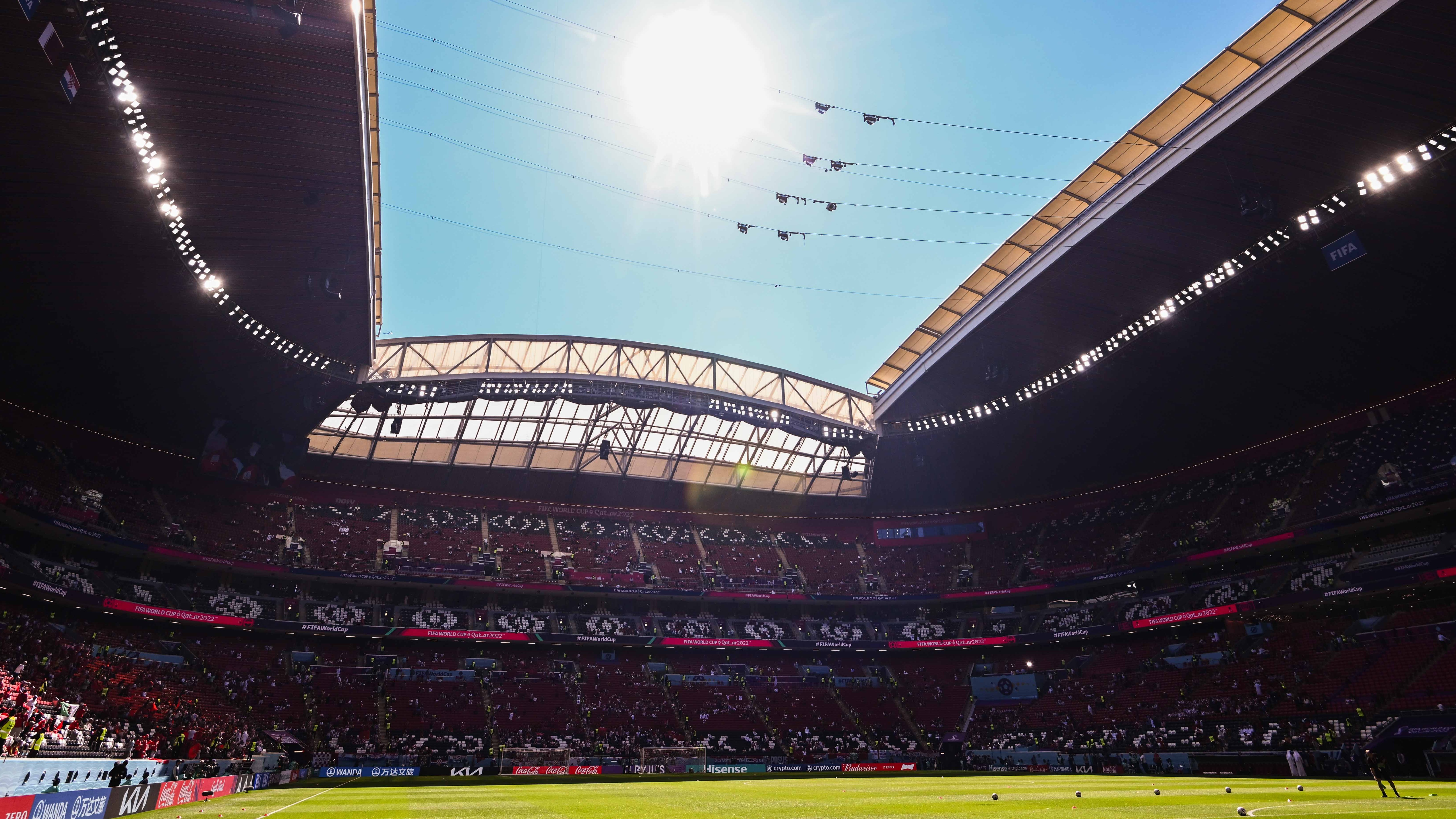
A free daily email with the biggest news stories of the day – and the best features from TheWeek.com
You are now subscribed
Your newsletter sign-up was successful
Qatar has spent an estimated $200bn in order to dazzle as host of the 2022 World Cup since winning the bid back in 2010.
But both this year’s tournament and the Gulf state have been mired in controversy since long before the first match kicked off on Sunday.
Qatar has faced multiple allegations of corruption and bribery since being handed the hosting rights despite having almost no footballing history and little infrastructure to host a major sports event. The Middle Eastern country has also been the target of global criticism over its poor treatment of migrant workers, suspected human rights abuses and stance on LGBTQ+ rights.
The Week
Escape your echo chamber. Get the facts behind the news, plus analysis from multiple perspectives.

Sign up for The Week's Free Newsletters
From our morning news briefing to a weekly Good News Newsletter, get the best of The Week delivered directly to your inbox.
From our morning news briefing to a weekly Good News Newsletter, get the best of The Week delivered directly to your inbox.
‘Giant waste of money’?
Regret has started to set in among Qatari officials, a tournament insider reportedly told Jon Sopel, co-host of The News Agents podcast. “Why on Earth have we bothered?” asked the source, who added that "nothing good has come to us as a result” and “this has all been a giant waste of money”.
Qatar never expected to make much of a financial return on the tournament, which is only expected to “inject $17bn back into its economy”, said The Economist. Much of the World Cup “spending spree” has gone into building critical infrastructure that organisers have insisted “will serve a purpose even after the final goals are scored”.
And in any case, sporting tournaments are “almost always a dud” as money spinners, the site added. But “economics aside, Qatar is also struggling to bank the prestige that host cities aim to attract”.
An analysis of British press coverage of the World Cup in the run-up to kick-off found that the majority was critical of Qatar. Of a sample of 685 articles, 66% were critical, 29% were neutral and 5% were positive, reported Marc Owen Jones, an assistant professor of Middle East studies at Doha’s Hamad bin Khalifa University, in The New Arab.
A free daily email with the biggest news stories of the day – and the best features from TheWeek.com
Fact File: Who owns Qatar and what does the Qatari state own?
Seeking security, not status
The 2022 World Cup may mark “the most expensive case of buyer’s remorse in the history of the game”, wrote financial journalist and broadcaster Ian King for Football 365. But “what on earth did they expect to happen?”
Qatar’s leaders “deserve to be vilified” over their anti-gay stances, labour laws, treatment of migrant workers and alleged dodgy dealings, King continued. Warnings from the international community have been “loud and clear for years” and if Qatar “chose to ignore them in the belief that pointing at the shiny football would make us all react like cats around a laser pointer, then they only have themselves to blame”.
But “Qatar is not conducting a charm offensive”, argued The Guardian’s chief sports writer Barney Ronay.
“Qatar has no ambitions beyond its own borders,” he reported from Doha. “Qatar has 200 years of natural gas. It doesn’t need to be liked.” Instead, Ronay continued, “this World Cup looks now like part of a wider national security programme, a way of making this tiny hyper-wealthy peninsula visible to the world” and of “minimising its vulnerability to coups and blockades”.
As more matches get under way, Qatar is facing yet more critical headlines, over bans on players wearing anti-discrimination armbands and a last minute U-turn on the sale of alcohol in stadiums.
But despite the bad press, the Gulf nation’s overall world status has been “elevated by Europe’s energy crisis – the result of a war started by the host of the last World Cup”, said Ronay. And a result of this elevated status is “a distinct hardening of attitudes, a sense Qatar really isn’t in the mood to keep apologising”.
Sorcha Bradley is a writer at The Week and a regular on “The Week Unwrapped” podcast. She worked at The Week magazine for a year and a half before taking up her current role with the digital team, where she mostly covers UK current affairs and politics. Before joining The Week, Sorcha worked at slow-news start-up Tortoise Media. She has also written for Sky News, The Sunday Times, the London Evening Standard and Grazia magazine, among other publications. She has a master’s in newspaper journalism from City, University of London, where she specialised in political journalism.
-
 Political cartoons for February 16
Political cartoons for February 16Cartoons Monday’s political cartoons include President's Day, a valentine from the Epstein files, and more
-
 Regent Hong Kong: a tranquil haven with a prime waterfront spot
Regent Hong Kong: a tranquil haven with a prime waterfront spotThe Week Recommends The trendy hotel recently underwent an extensive two-year revamp
-
 The problem with diagnosing profound autism
The problem with diagnosing profound autismThe Explainer Experts are reconsidering the idea of autism as a spectrum, which could impact diagnoses and policy making for the condition
-
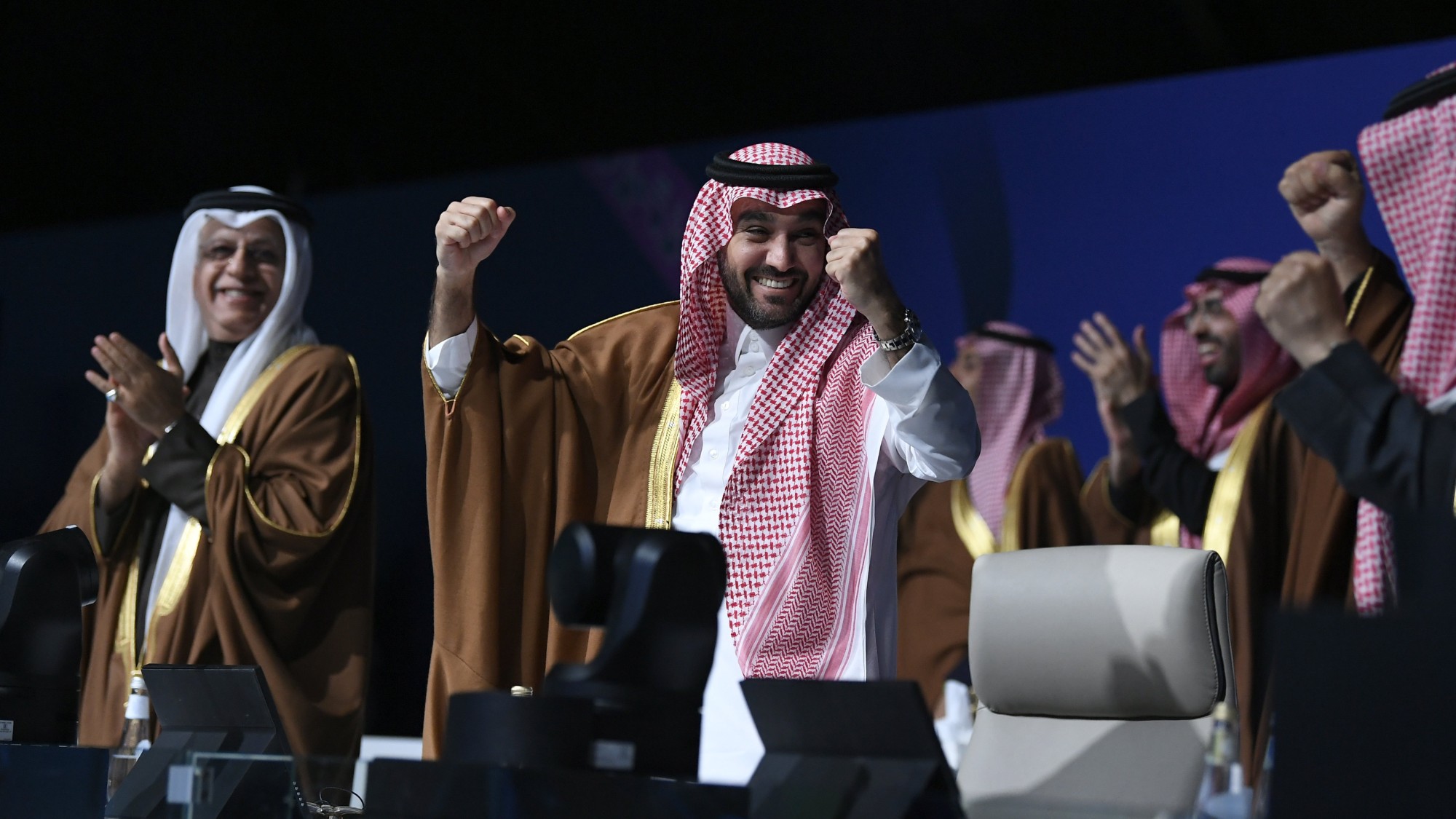 Saudi Arabia World Cup: have lessons been learned from Qatar?
Saudi Arabia World Cup: have lessons been learned from Qatar?Today's Big Question Human rights groups fear a repeat of issues at the 2022 tournament
-
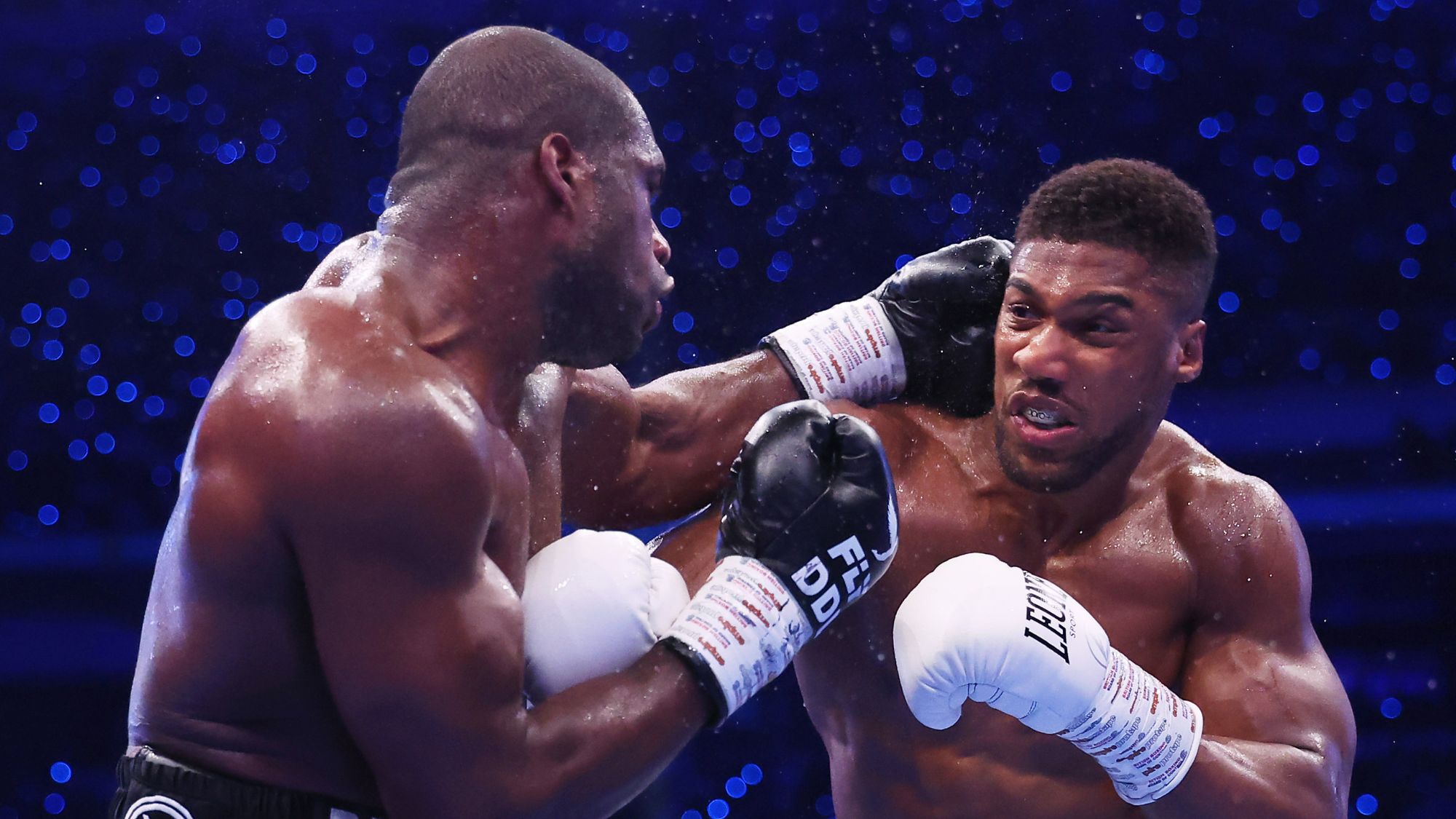 Is it time for Anthony Joshua to retire?
Is it time for Anthony Joshua to retire?After his latest brutal defeat, British boxing's 'poster boy' has a difficult choice to make
-
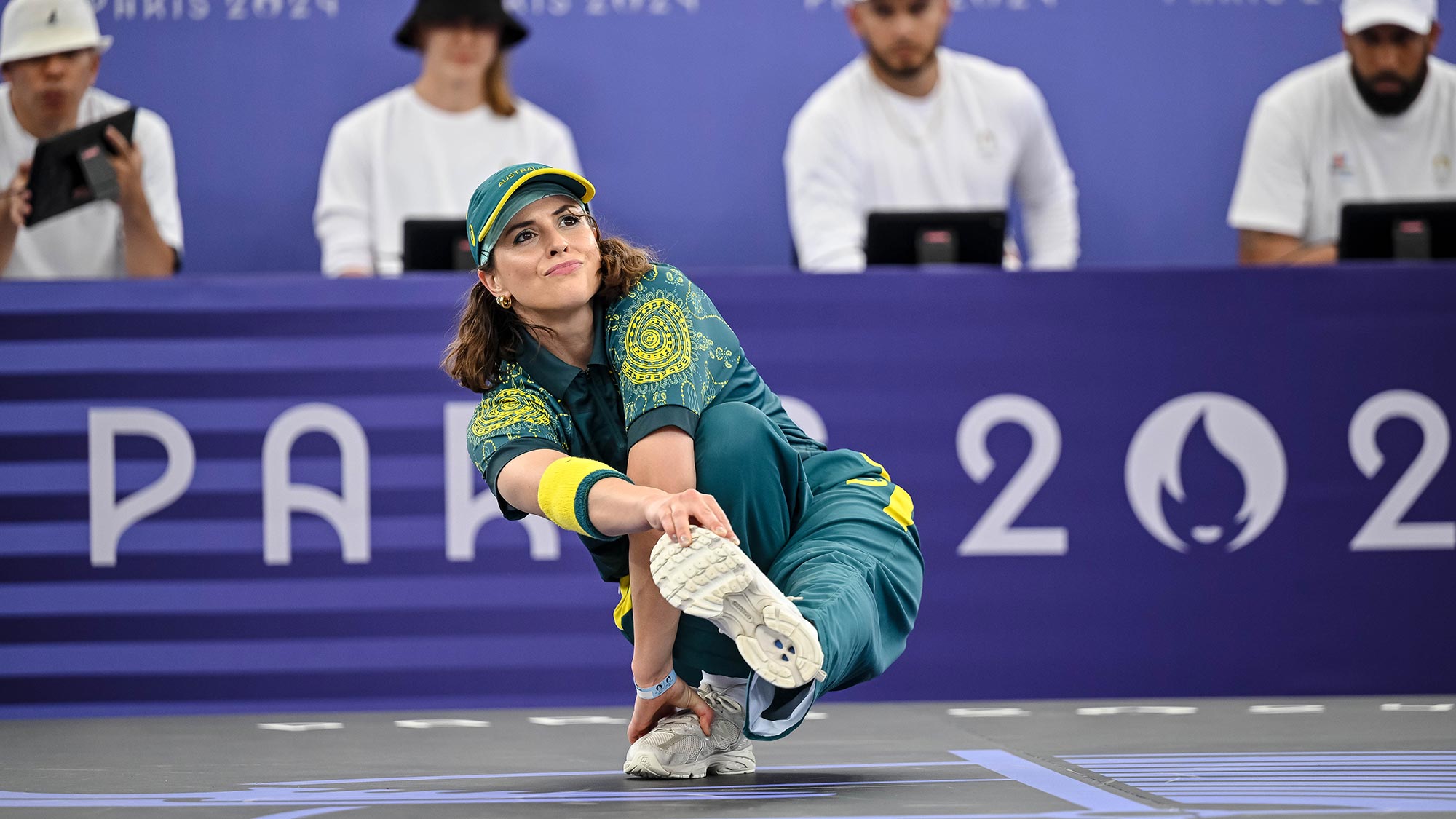 Raygun: heir to Eddie the Eagle?
Raygun: heir to Eddie the Eagle?Talking Point Australian Olympic breakdancer Rachael Gunn has become 'a worldwide meme'
-
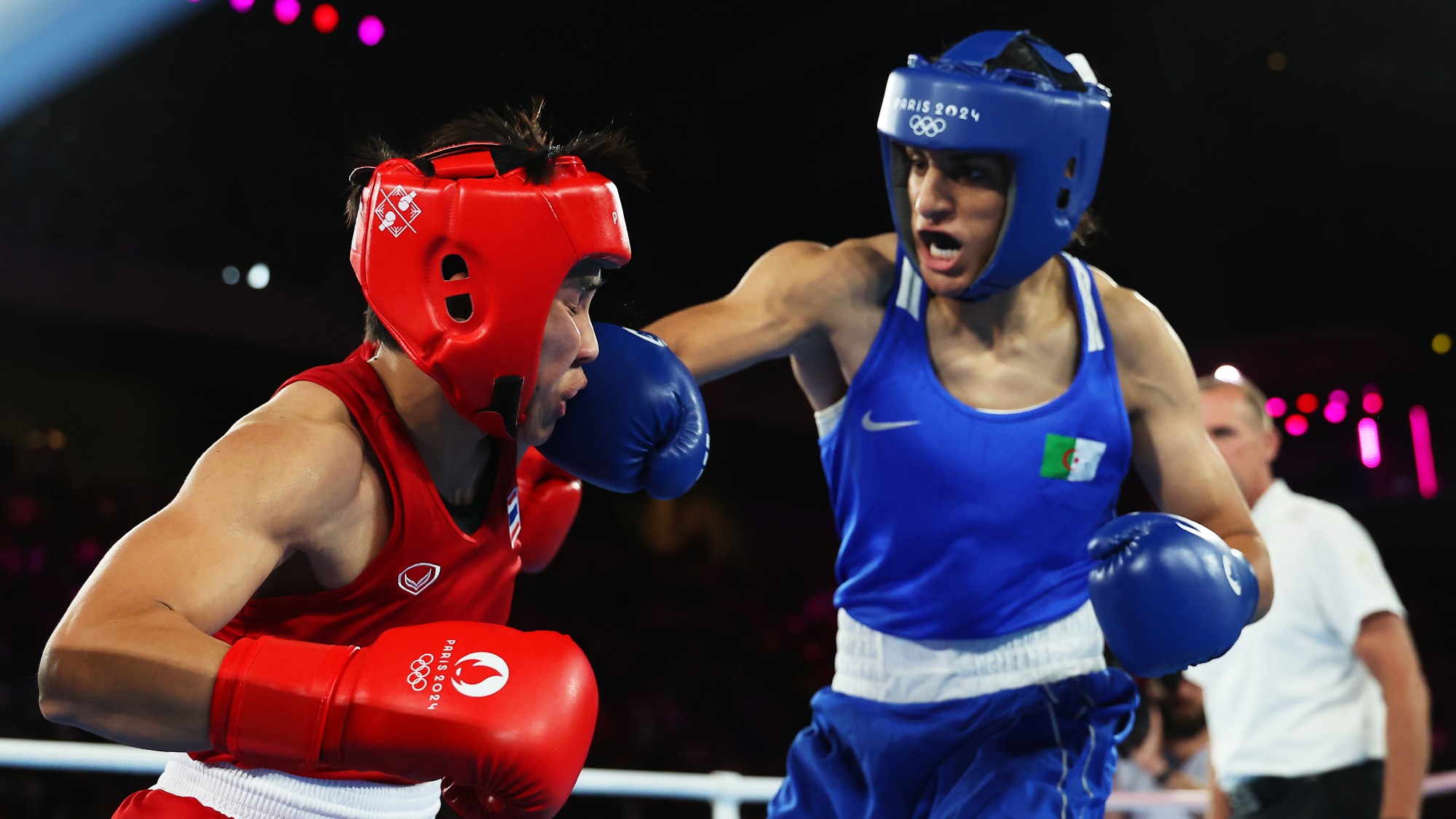 Boxing at the Olympics: the row over sexual differences
Boxing at the Olympics: the row over sexual differencesTalking Point Controversy over Imane Khelif and Lin Yu-ting shines a spotlight on the murky world of gender testing – and the IOC's inaction
-
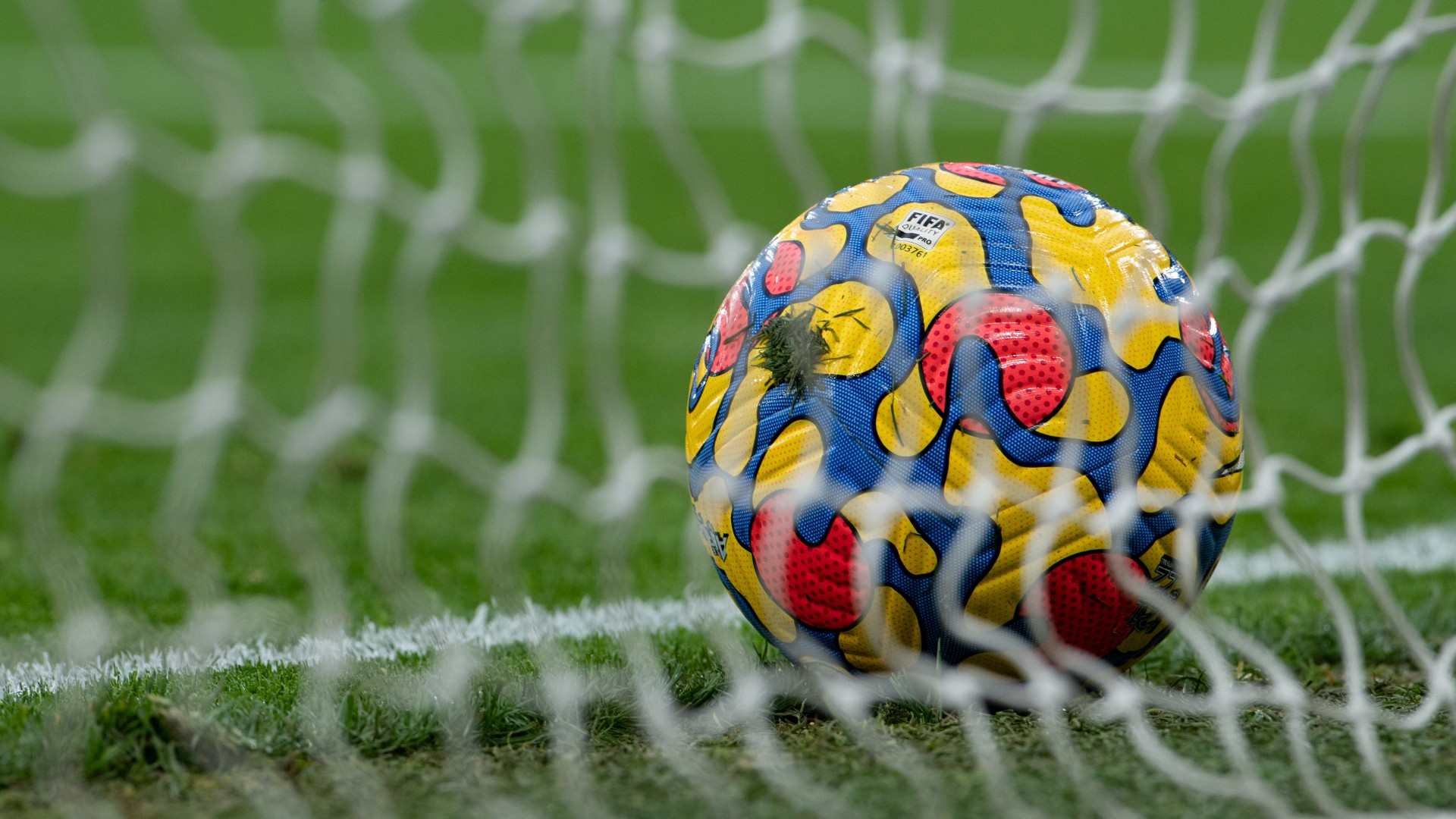 Is a new English football regulator an own goal for the game?
Is a new English football regulator an own goal for the game?Talking Point PM hails 'historic moment for football fans' but West Ham owner warns it could 'ruin' Premier League
-
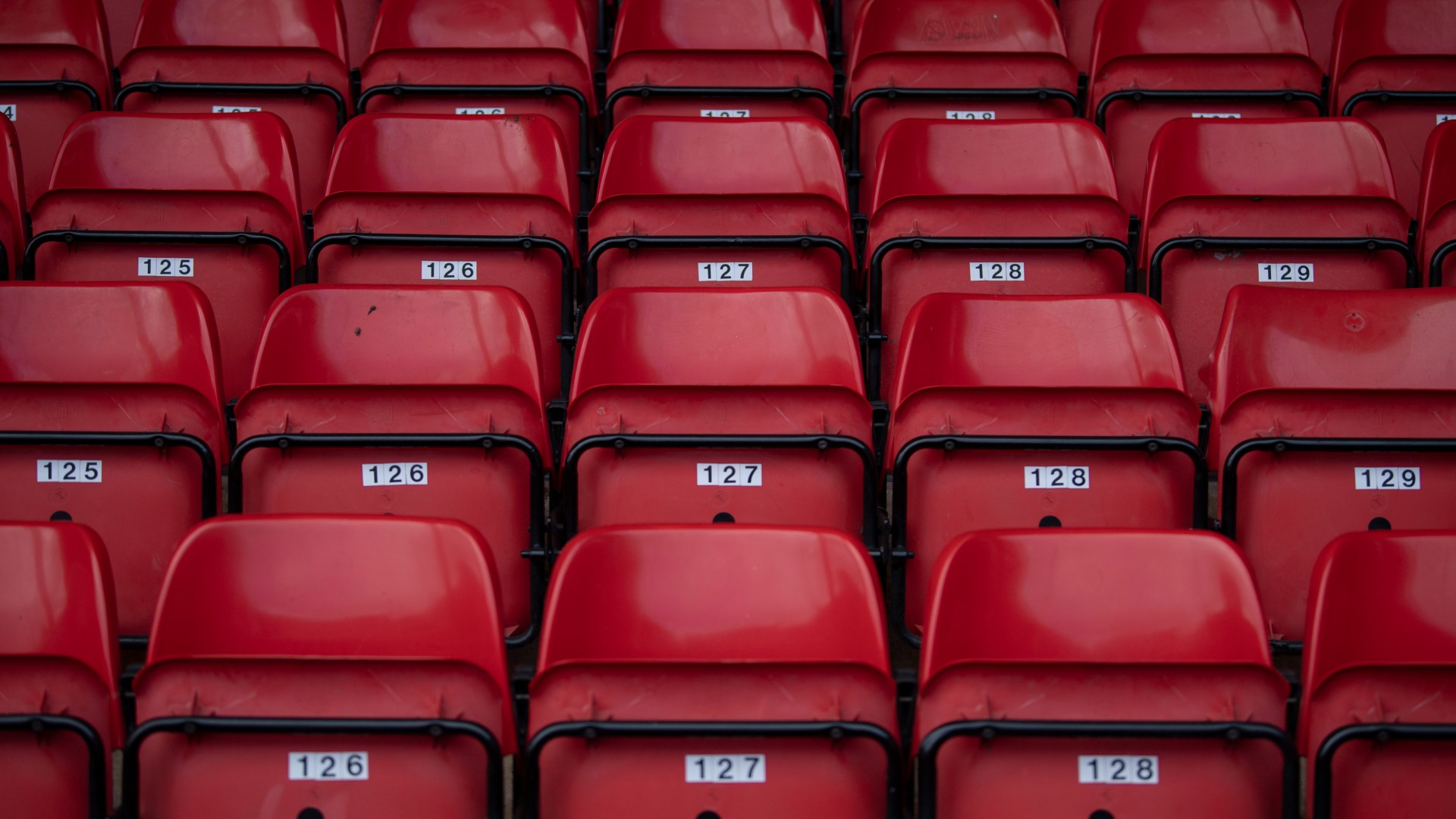 English football and the etiquette of leaving the stadium early
English football and the etiquette of leaving the stadium earlyTalking Point The belief that 'true fans stay to the end' does not always apply
-
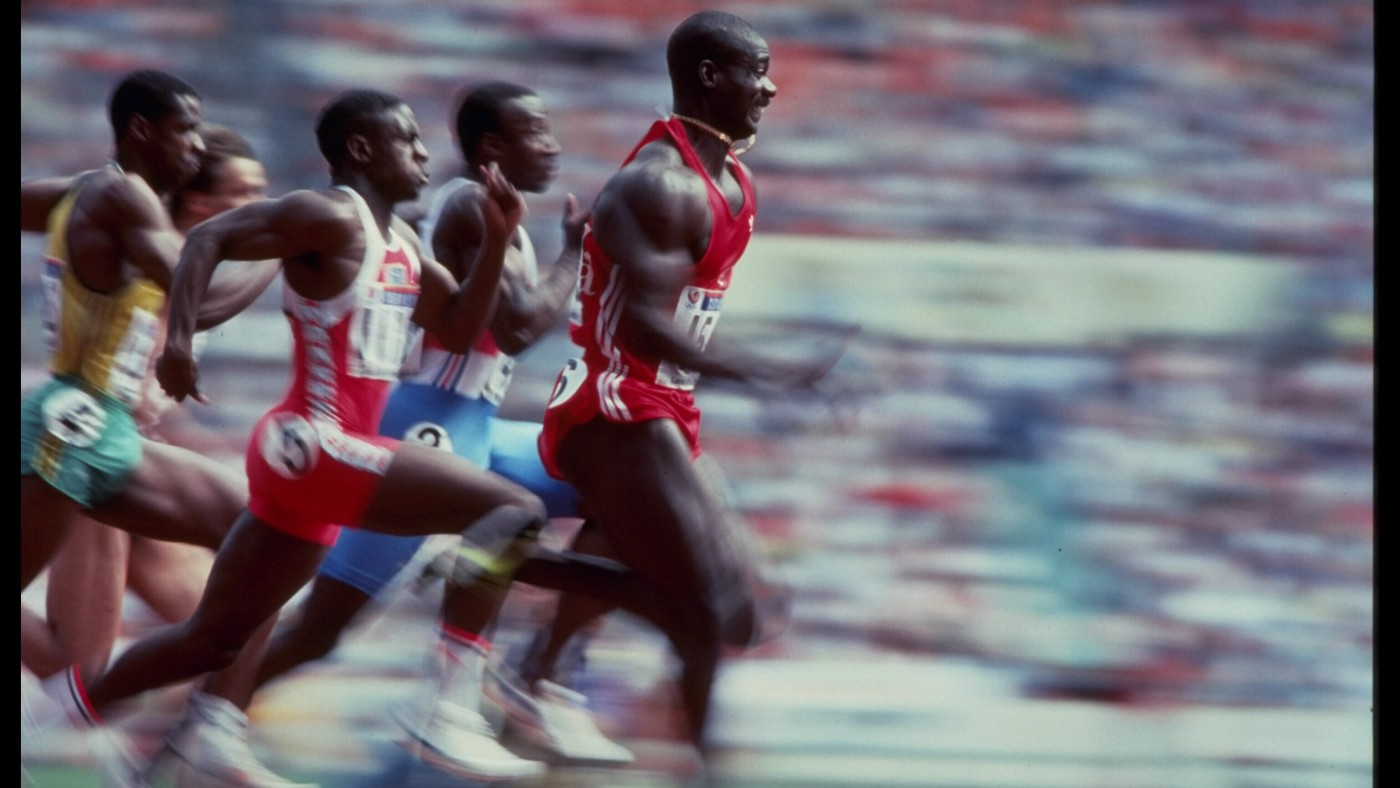 The 'Enhanced Games': a dangerous dosage?
The 'Enhanced Games': a dangerous dosage?Talking Point A drug-fuelled Olympic-style competition is in the works but critics argue the risks are too high
-
 College football has a major controversy. Will Congress get involved?
College football has a major controversy. Will Congress get involved?Talking Point Why Florida State was left out of the College Football Playoff